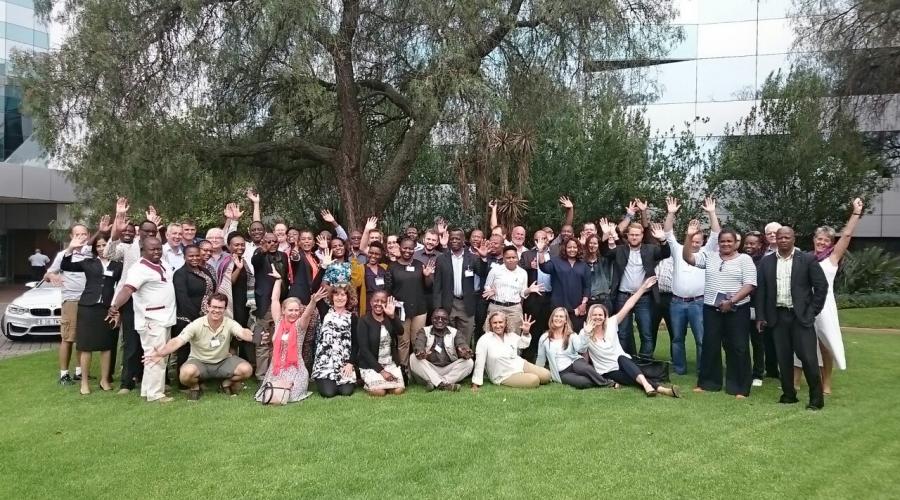Expert Workshop to Guide Development of a “SADC Guideline on Cross-border Tourism Products in TFCAs”

Ever since the establishment of Kgalagadi Transfrontier Park between Botswana and South Africa in 1999, Africa’s first Transfrontier Park, conservation of biodiversity and economic development were the two overarching objectives. Tourism was always a prominent ecosystem service and investment mechanism of this network of Transfrontier Conservation Areas (TFCAs). Through intense stakeholder engagement, TFCAs have increasingly hosted a number of unique cross-border events and products (e.g. Nedbank Tour de Tuli, Desert Knights). This resulted in more tourism revenue for the private sector and generated funds for conservation and community activities in TFCAs.
The Tourism Community of Practice of the SADC TFCA Network recommended in February 2017 to develop a regional guideline for the development of cross-border tourism products in TFCAs. The guidelines will help TFCA practitioners and the private sector in the development of new cross-border tourism products, The Food, Agriculture and Natural Resources (FANR) with support from the GIZ Programme on Transboundary Use and Protection of Natural Resources (TUPNR) engaged a consultant to design such a guiding framework.
A first expert workshop took place 30 to 31 January in Johannesburg, South Africa to discuss structure and substance of the guideline on cross-border tourism products in TFCAs. More than 60 representatives from Member States, tourism boards, private sector and NGOs participated. Presentations by participants, SADC and the consultant provided institutional, business and legal perspectives, challenges and opportunities as well as samples from already existing cross border products. During the working groups participants identify key aspects and lessons learned that should inform the guideline.
The guidelines for cross-border tourism products would categorise them as (a) annual or bi-annual events, such as mountain biking or running events and (b) regular cross-border products, in TFCAs, such as guided cross-border 4x4 trails. Different developers show-cased their various approaches to operationalise new products. Participants expressed that the guideline should synthesise the activities needed during the scoping, design, feasibility and development of economically viable cross-border products.
Based on the results of the workshop, the consultant will prepare a Situation Analysis Report (SAR) and draft the guideline. The draft will then be presented during a validation workshop to Member States in July 2018.


